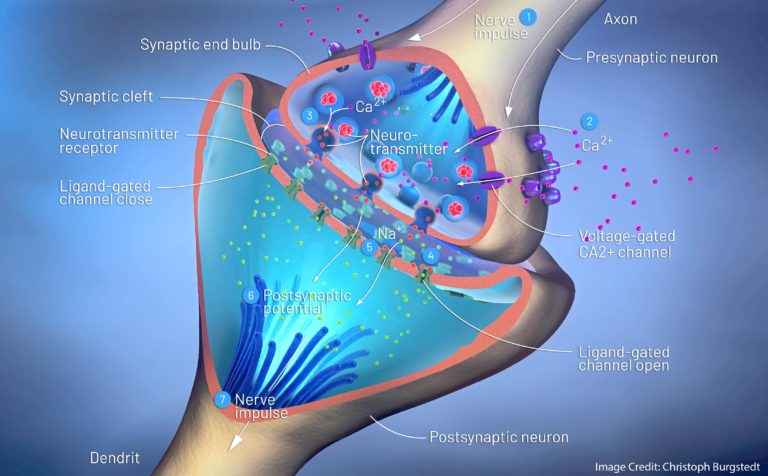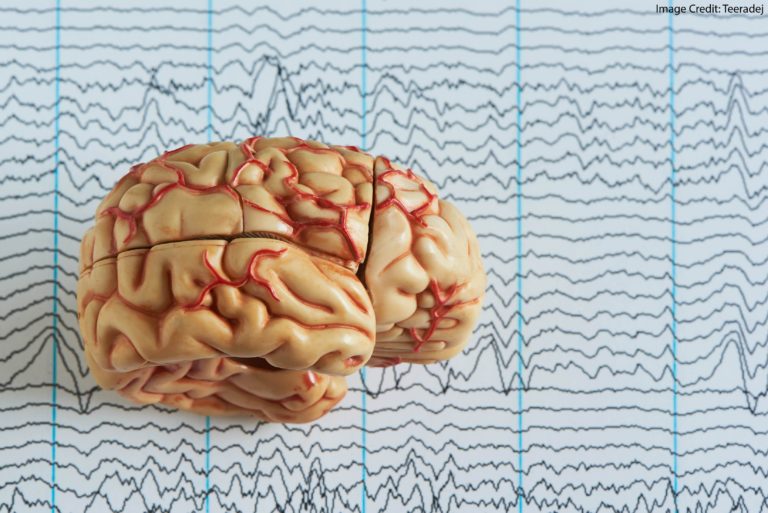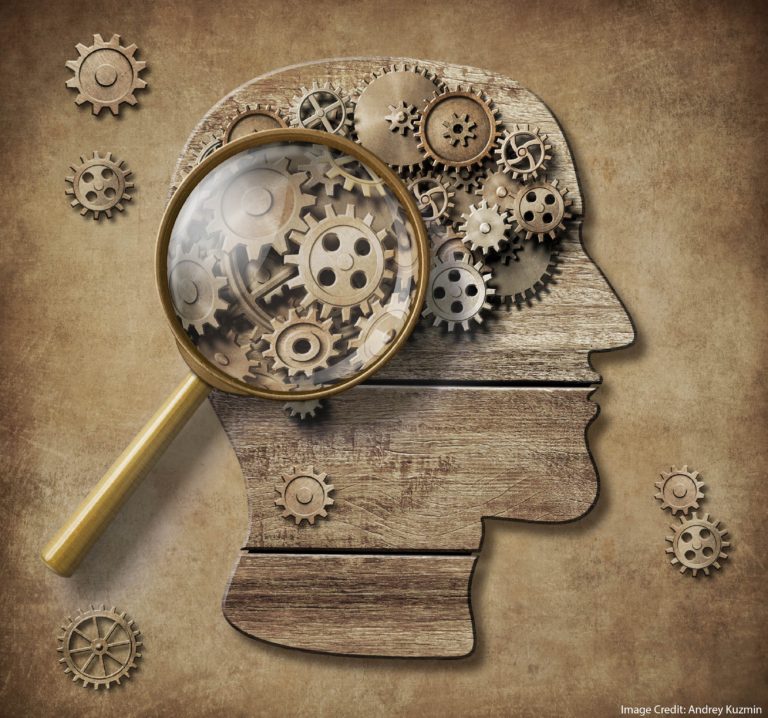-
ABOUT THE AUTHOR
Andrew Watson
Andrew began his classroom life as a high-school English teacher in 1988, and has been working in or near schools ever since. In 2008, Andrew began exploring the practical application of psychology and neuroscience in his classroom. In 2011, he earned his M. Ed. from the “Mind, Brain, Education” program at Harvard University. As President of “Translate the Brain,” Andrew now works with teachers, students, administrators, and parents to make learning easier and teaching more effective. He has presented at schools and workshops across the country; he also serves as an adviser to several organizations, including “The People’s Science.” Andrew is the author of "Learning Begins: The Science of Working Memory and Attention for the Classroom Teacher."
Tags
ADHD adolescence attention autism book review boundary conditions classroom advice conference speakers constructivism/direct instruction creativity desirable difficulty development dual coding elementary school embodied cognition emotion evolution exercise experts and novices gender high school homework intelligence long-term memory math methodology middle school mind-wandering mindfulness Mindset motivation neuromyths neuroscience online learning parents psychology reading retrieval practice self-control skepticism sleep STEM stress technology working memoryRecent Comments
- Goals, Failure, and Emotions: a Conceptual Framework |Education & Teacher Conferences on “Learning from Mistakes” vs. “Learning from Explanations”
- From Destruction to Rebuilding: Hope in Science’s Down Cycle on When Analogies Go Wrong: The Benefits of Stress?
- Dual Coding: Boosting Learning Through Words and Images – White Dragon of East County on Visual & Verbal: Welcome to “Dual Coding”
- "All People Learn the Same Way": Exploring a Debate |Education & Teacher Conferences on The Goldilocks Map by Andrew Watson
- URL on Difference Maker: Enacting Systems Theory in Biology Teaching, by Christian...
ABOUT THE BLOG

Does Low-Structure Free Time Improve Executive Function?
Students can be taught executive-function skills that help in schools. They learn executive-function skills that help outside of school by playing on their own. Both kinds of practice help children mature. Continue reading

The Best-Known Neural Model of Learning Might be Substantially Wrong
A new neural model of long-term memory formation might change our understanding of learning. It should not, however, change our approaches to teaching. Continue reading

Building a Better Research Mousetrap: @justsaysinmice
A new twitter account can help you sort the good science reporting from the bad. And, it’s got cute pictures too. Continue reading

Meet Blake Harvard, “Effortful Educator”
An interview with Blake Harvard: high-school psychology teacher, and Effortful Educator. Continue reading

Surprise: Screen Time (Even Before Bed) Doesn’t Harm Adolescents
A very large study with more than 17,000 people suggests that screen time isn’t really harming adolescent well-being. If that’s true, we should focus our efforts on finding and solving real problems in adolescent life, and not be distracted by sincere but inaccurate hype. Continue reading

STOP THE PRESSES (And Yet, Remain Calm)
In the world of science, if you see the right kind of evidence, you have…

How to (Un)Make System-Wide Changes Based on Research
We might be eager to hurry up and change everything to make our schools better. By rolling out one change at a time, and by agreeing on criteria for success and failure in advance, we can raise the likelihood that our changes will help students learn. Continue reading

Working Memory Overload Throws Neurons Out of Synch
Students use working memory all day long, but they — and we — don’t have very much. New research is starting to explain what happens when they experience working memory overload. In brief: brain regions that must function synchronously stop doing so. Some day this research field might help our students learn more effectively. Continue reading

Is Failure Productive? (Hint: We Should Ask a Better Question)
Two research groups studied (more or less) the same technique with two different student populations — and got very different answer. These contradictory findings give teachers important lessons about using psychology and education research most wisely. Continue reading

The Simplest Motivation Strategy that You’re (Probably) Not Using
Two simple techniques to overcome mundane daily obstacles make it much likelier that our students — and we — will get work done. Continue reading

